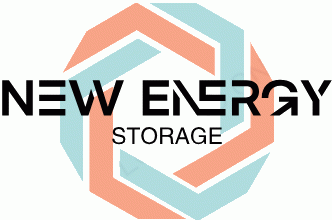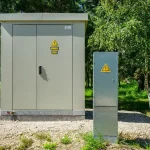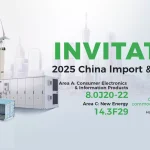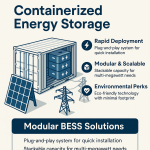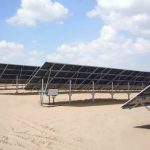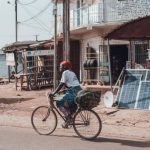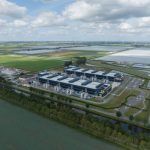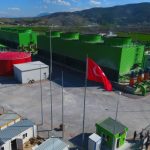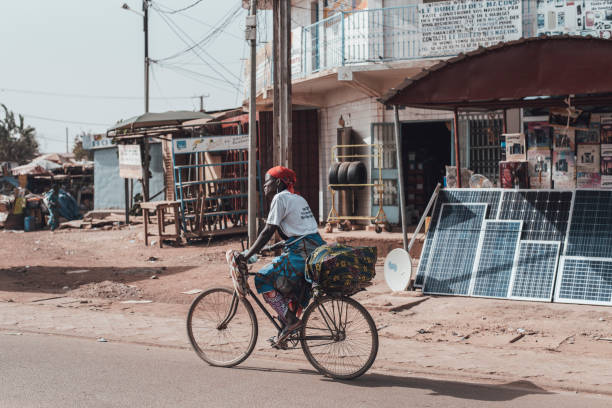While Burkina Faso strives to transform its agrarian economy and be a contributory force toward a cleaner and greener energy future, the focus is now on emerging renewable energy technologies. Blessed with rich solar resources and increasing need for clean energy, the nation is increasingly looking towards superior solar panel and energy storage technology. This piece looks at the five largest solar panel and energy storage technology trends that will characterize Burkina Faso’s energy landscape by the year 2025. The piece also outlines the economic forces, market barriers, and opportunities of the future linked to adopting these innovation solutions.
Trend 1: Reducing the Cost of Solar Cells
One of the most dramatic trends favoring the adoption of renewable energy in Burkina Faso is the consistent decline in the cost of solar cells. As the production process improves and economies of scale come into play, the cost of solar panels decreased over the past few years.
- Economies of Scale: Economies of scale refer to big-scale manufacturing means cost per unit decreases, therefore solar panels are less expensive.
- Technological Innovations: Technological breakthroughs in photovoltaic efficiencies have increased the energy yields that have financed the installation costs.
- Competitive Market Forces: Competition across the world, including in the lithium battery industry “all world” economies, has produced the force of technological innovation and lower costs.
This decrease in the cost of solar cells is crucial for the installation of solar power on a larger scale across Burkina Faso to make clean energy projects bankable.
Pattern 2: New Lithium Battery Technology
Lithium batteries are the backbone of existing energy storage technology, and they allow for storing and releasing energy with reliability. In Burkina Faso, recent economic research on the lithium battery industry indicates a bright future.
- Better Performance: Recent lithium batteries have higher energy density, longer life cycles, and better safety.
- Economic Analysis: Economic analysis of Burkina’s lithium battery indicates that the investment in a good lithium storage system can bring long-term energy savings even though the front-end cost is higher.
- Global Benchmarking: International innovation is resulting in local market take-up, including “lithium battery in all world” fashions, to ensure Burkina Faso adopts best practices globally.
The innovations are employed to compensate for the variability of solar power so that an uninterrupted supply of energy is realized throughout the day.
Trend 3: Integration of Solar Inverter and Solar Panel System
There has to be an immense level of integration between solar inverters and solar panels for effective harvesting of energy and conversion efficiency. Integration between high-technology inverters and high-efficiency solar panels in Burkina Faso is revolutionizing how the country is utilizing renewable energy.
- High Efficiency Conversion: More efficient and superior solar inverters convert DC power from solar panels to AC power for the grid at high efficiency. This coordination minimizes energy loss and maximizes overall system performance.
- System Harmony: In sync solar panels and inverters harmonize, making operation as well as maintenance costs easier.
- Enhanced Reliability: An optimally designed system provides more stable energy output, critical for remote application and large-scale projects.
By combining these technologies into one system, Burkina’s Solar Energy Storage System can function outside of most of the conventional constraints of renewable energy generation.
Trend 4: Solar PV Container System Development
Solar PV container systems are an increasingly modular, flexible solution to large-scale energy generation and storage. Solar PV container systems integrate solar panels, energy storage systems, and inverters into a transportable shipping container, which can be utilized in rural and urban settings.
- Modular Design: Containerized design provides rapid deployment and easy scaling in response to local energy requirements.
- Flexibility: The systems can be relocated or expanded with minimal disruption, providing tailored energy solutions in response to fluctuating market conditions.
- Economical: By the use of pre-fabricated modules, installation time and labor significantly reduced.
- Market Impact: Although the initial investment is expensive, the return in efficiency and deployment time makes Solar PV container systems a corner-stone of Burkina’s renewable energy policy.
Not only do Solar PV container systems enhance the future of energy storage, but also grid stability, and hence, they are an important trend to watch out for in 2025.
Trend 5: Hybrid Energy Systems for Holistic Energy Solutions
Hybrid power systems combine several sources of renewable power and sophisticated battery storage into a robust, flexible energy platform. Hybrid systems in Burkina Faso will provide tailored end-to-end solutions that optimize the generation, storage, and transmission of energy.
- Integrated Approach: Hybrid systems can combine solar panels, wind turbines, and other alternative sources of energy with lithium battery storage to provide a diversified portfolio of energy.
- Optimized Energy Management: Advanced energy management systems (EMS) allow real-time monitoring and control, highest efficiency, and minimal operating expense.
- Future-Proofing: Modularity of hybrid systems offers flexibility for adaptation to changing energy needs and new technology developments.
- Economic Benefits: Reduced dependence on fossil fuels and decreased energy expenses, these systems enhance economic development and environmental sustainability.
The adoption of hybrid systems is revolutionizing the utilization and management of renewable energy in Burkina Faso, providing a hybrid solution to Burkina Faso’s power supply needs.
Future Expectations of Energy Storage in Burkina Faso
As Burkina Faso renewable energy projects take off, container-type energy storage and hybrid deployments will prove to be vital. Continued innovation, reduced solar cell price, and innovative business models will bring monumental efficiencies and savings. Policy drivers and investment planning will provide the key to unlock Burkina Faso energy storage potential.
Investors, policymakers, and business associates must join hands to capitalize on such trends, reducing market risks and building a robust energy infrastructure based on the country’s growing demands.
